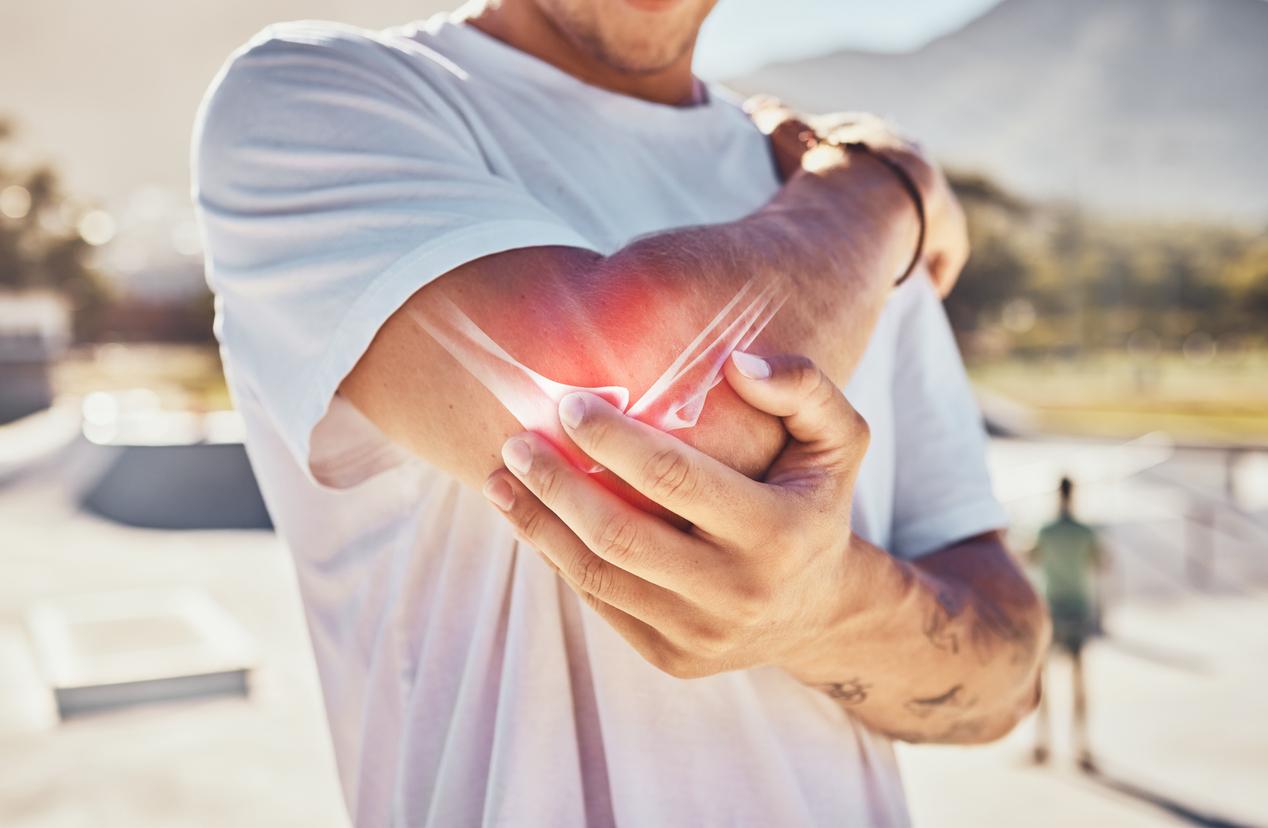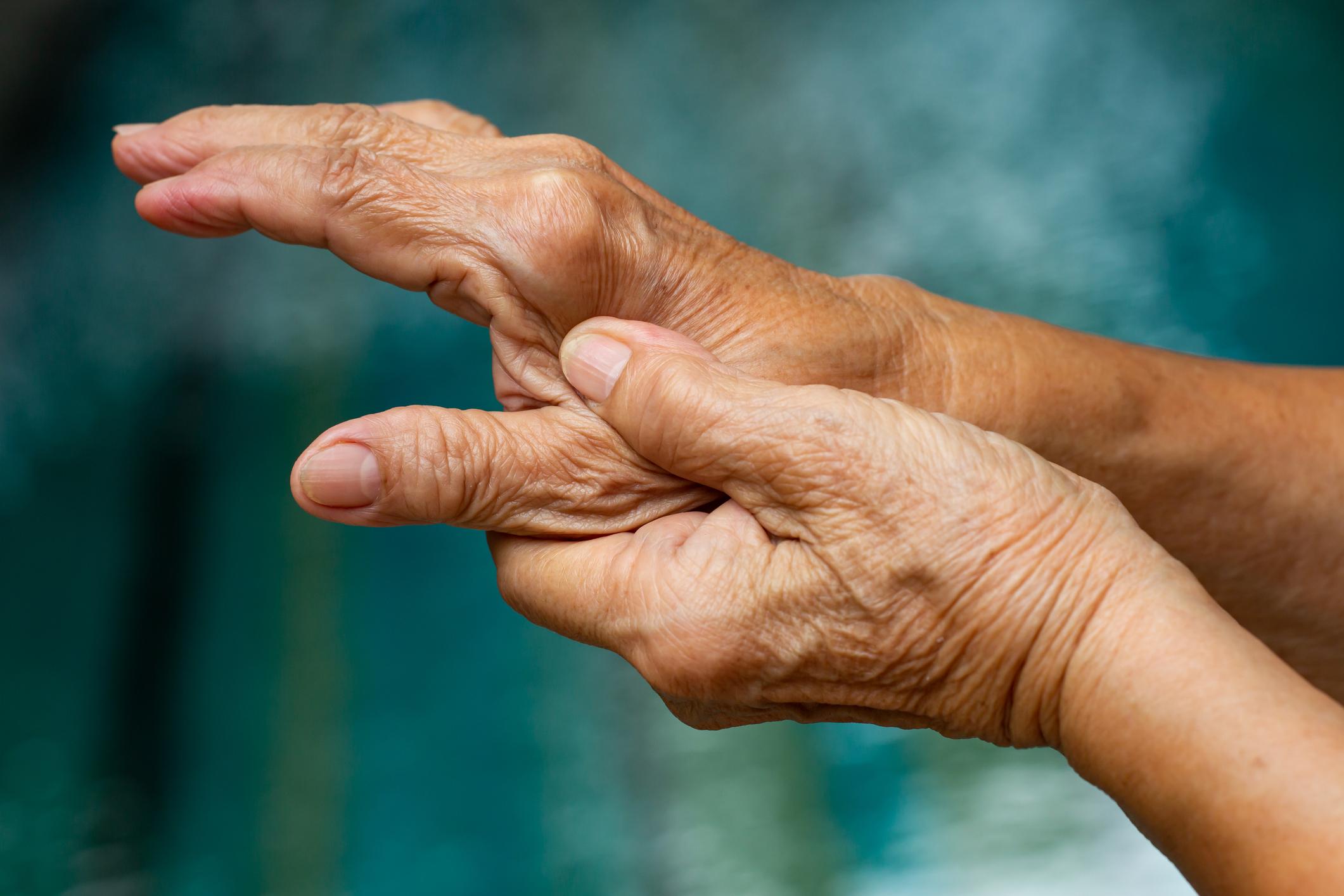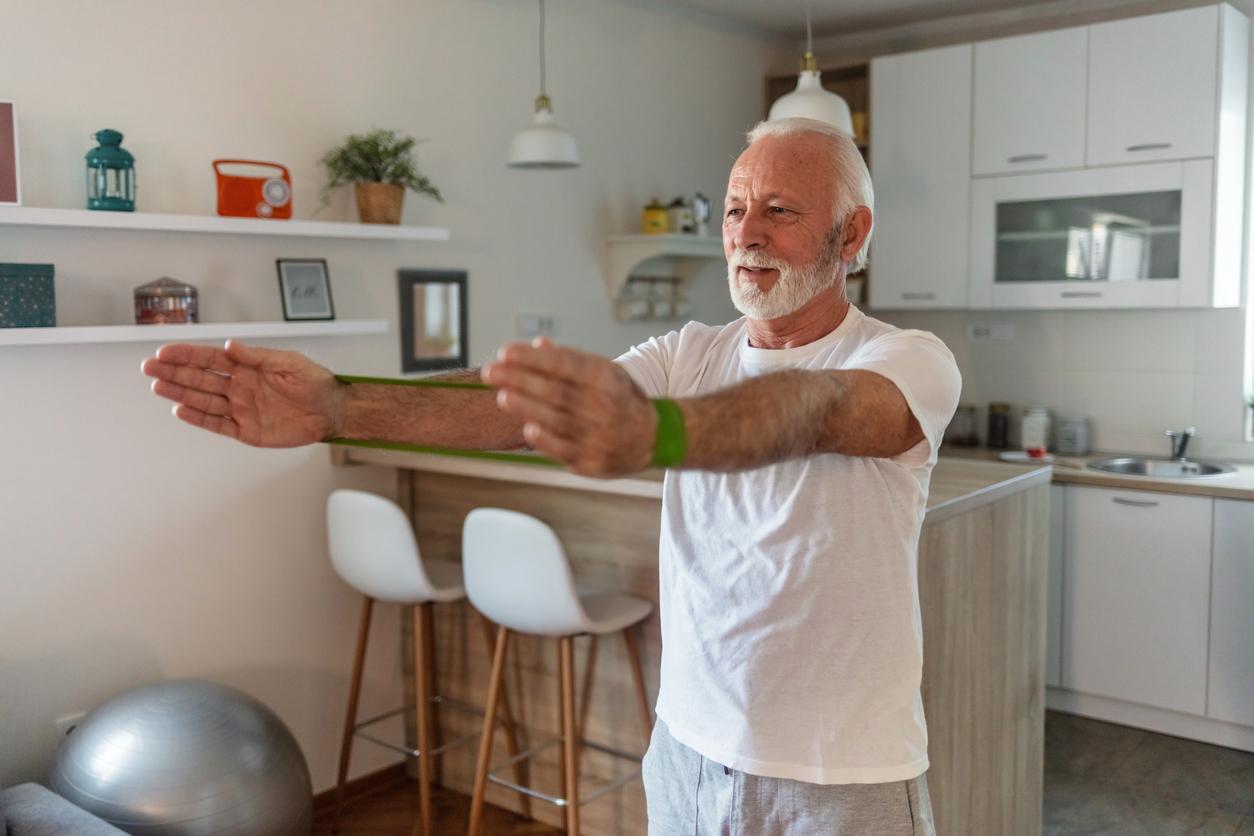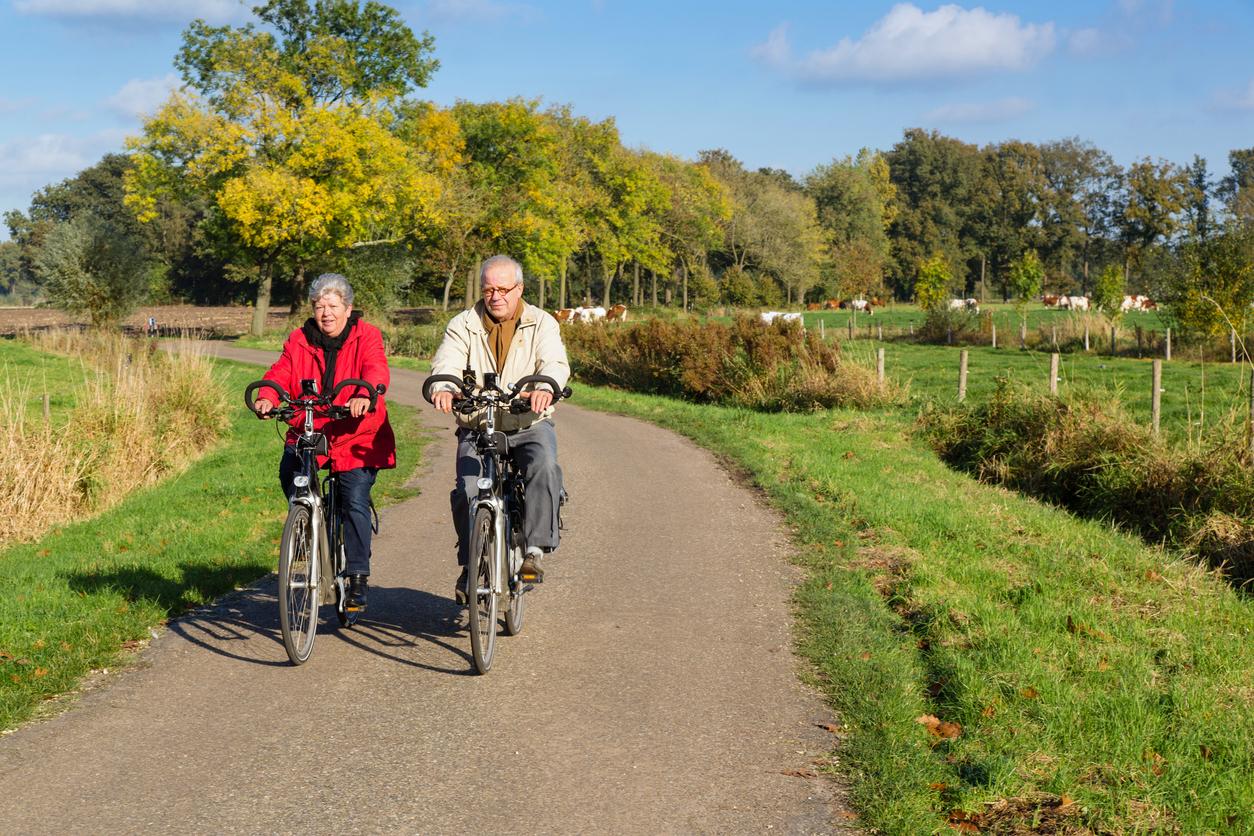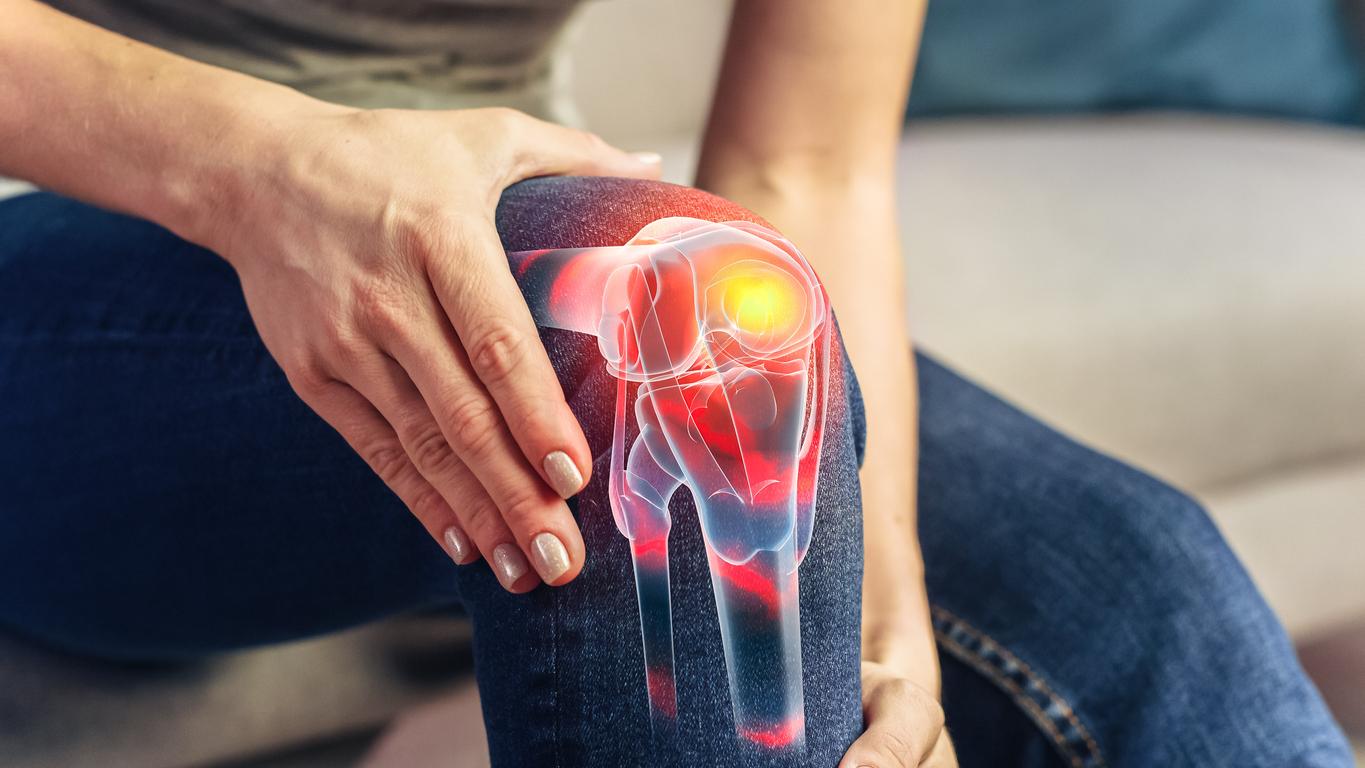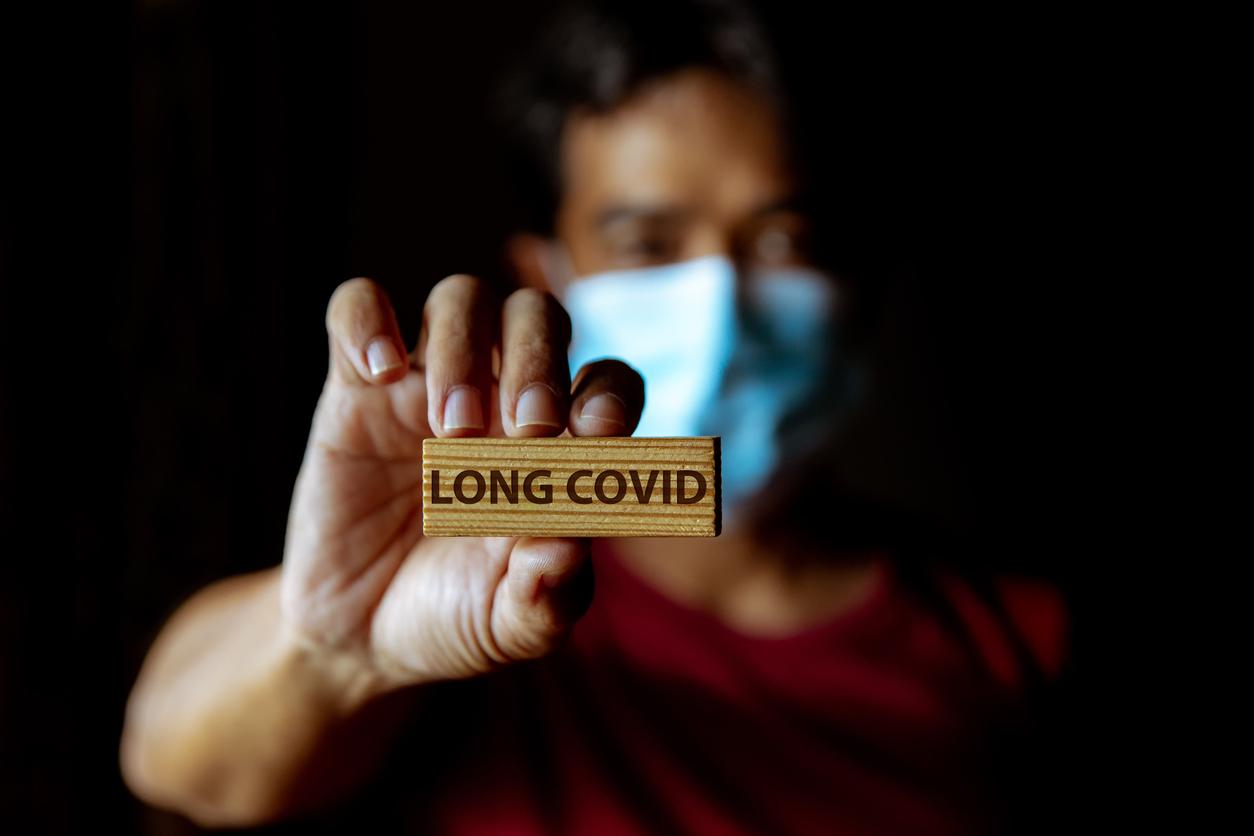This disease, caused by the destruction of cartilage, is nevertheless very widespread and particularly disabling.
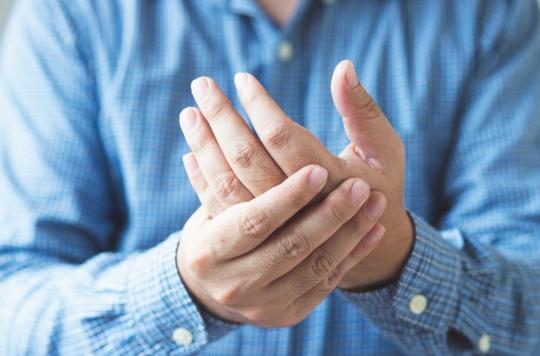
- 23% of French people will be affected by osteoarthritis in 2030.
- Osteoarthritis increases the risk of death by 1.5.
“8 years after the first “Stop Arthrosis” survey, no change in the management of osteoarthritis patients has been established”. This is the observation, unfortunately without appeal, made by professionals in the sector.
The “Stop arthritis II” study, which has just been published, thus gives a picture almost identical to that of 2013 of the consequences of the pathology. In addition to pain, which still concerns nearly 9 out of 10 patients, fatigue remains a concern for 1 out of 2 illnesses, with osteoarthritis interfering with sleep for 68% of those surveyed.
Strong impact on social life
Furthermore, the impact of osteoarthritis on social life is still very significant, affecting leisure (78%), family life (62%), professional life (44%), couple life (25 %) and sex life (32% of respondents). “Nor should we underestimate the poor self-image, which is anchored in 64% of osteoarthritis patients”, add AFLAR (French Association for the Fight against Rheumatism) and the Arthrosis Foundation.
However, a combination of pharmacological and non-pharmacological treatments makes it possible, via a personalized approach, to effectively relieve patients. “Physical activity is the best treatment for osteoarthritis pain”, thus explains Professor Yves Henrotin, doctor in physiotherapy and functional rehabilitation. Seeing a psychologist can also help, as Céline Mathy points out, Managing Director of the Arthrosis Foundation : “Consulting does not mean that the pain is not real or that it is in the patient’s head. On the contrary, the practitioner will, with his patient, analyze the impact of this pain, remove the prejudices and fears that surround him, then help him put in place good strategies to fight against this disease.”
Deterioration in the condition of the sick due to confinement
In addition, “Stop arthrosis II” highlights the harmful but transitory impact of anti-Covid confinements on patients: increase in the intensity of pain, poorer perception of the general state of health and lower morale. “This can be explained by the fact that the patients moved less, had less social relations, had changed their lifestyle by eating more, consuming more alcohol and smoking more tobacco. They thus increased the factors risk of osteoarthritis, analyzes Professor Yves Henrotin.
Osteoarthritis affects 17% of the population in France, or 10 million people, making it the most common joint disease in France and the second leading cause of disability.












